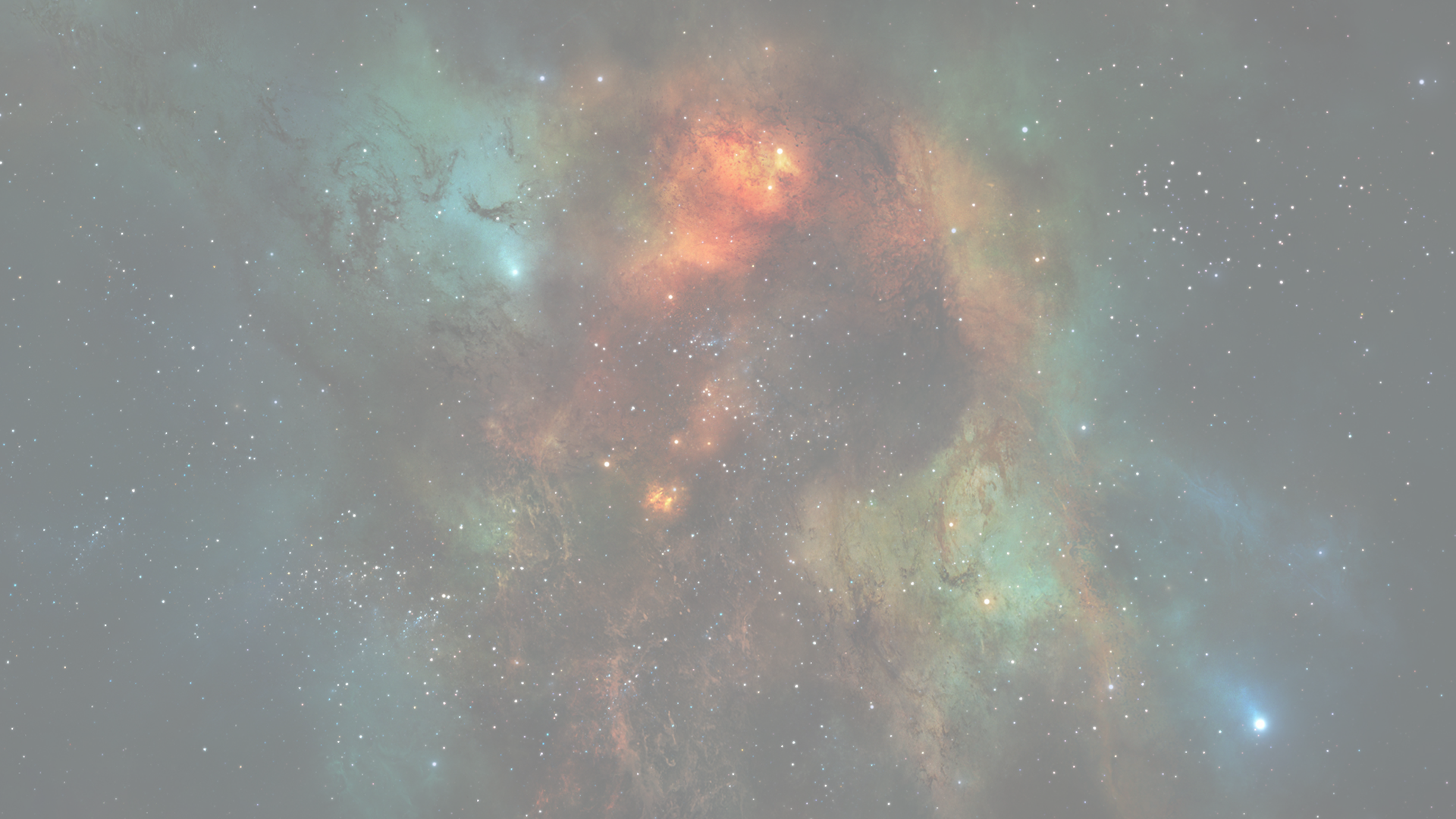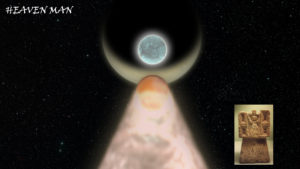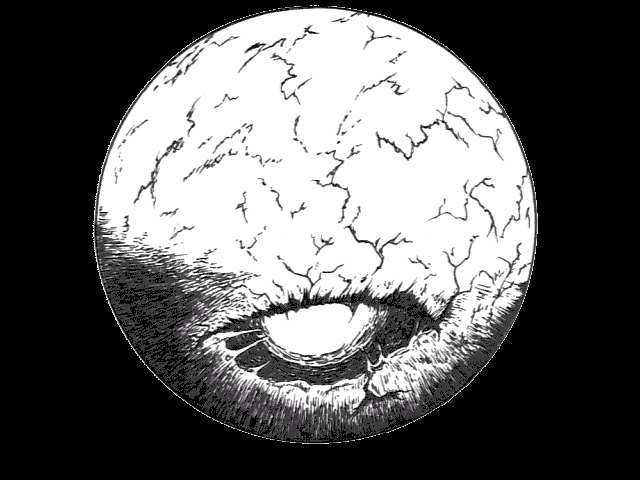One of the more important insights coming out of a deeper inquiry of ancient history is the phenomenon of gods and how they arose in the mind of humanity. It is a subject that most people take for granted, shrouded as it is in long ago mysterious origins. Our modern religion of scientism discounts the whole affair as just a big misunderstanding, some kind of superstition that arose in deluded primitive men to explain the unexplainable. On the other side of the coin, traditional religion does address the subject, yet offers a culture bound explanation that neglects cross-cultural interpretations and historical development. What we get from both approaches is an extremely limited view of one of the most central features of humanity.
Who were the archaic gods? Was it all a mental fabrication like science says; just a valiant but misguided human exercise in the search for meaning? Or did the gods first appear in some kind of concrete form, giving humans something solid to relate to?
In this web site the answer to this question is quite clear. The original gods were the planets, having a close-in intimate relationship to Earth and to the humans that lived there. At times these gods were benevolent, but at other times they warred with each other and with Earth. These entities could not be ignored above our heads, as they had a direct bearing on the quality of life on this planet. We naturally developed a relationship with these awe-inspiring powers, alternately worshipping and fearing them.
This is a radical understanding of the origins of religion. It wasn’t a groping for meaning in the face of nothing going on or a fear of death, inventing gods from images seen in the dancing flames of the campfire or the shadows on the wall of the cave. It was actual immense physical bodies above our heads and on the horizon that shed light, changed colors, moved position, and generally impressed humanity by their magnificence.
These planets offered a mirror to humanity, watching, interpreting, learning from the lessons on display in the sky above. The planets were not static forms like rocks or trees, they were radiant living beings with their own behaviors. It clearly appeared they had their own agency, their own will. No wonder we took on these entities as gods, so impactful were they to our lives.
If we establish this reality in our minds, and really reach back and imagine our awe, along with our trepidation, we can begin to understand how individuals and societies developed under this influence.
The gods were everything! There was nothing else going on! It was all about these entities and what they were up to. Everything they did, we wanted to understand and be a part of. We strove to echo their actions, to emulate them and in doing so, take on their abilities sympathetically. When their actions were stable and benevolent, we learned grace and compassion. When in other time periods their close proximity caused intense disturbances to life on Earth, we learned supplication and fear.
Whatever the planet-gods showed us, we took in as possible behaviors that we might manifest. Unfortunately, this included warfare and genocide, such as periodically ensued when a planet came close to Earth and decimated humanity in an era ending catastrophe.
The deepest understanding of the phenomenon of planets as gods is the recognition of how culture and especially religion developed in response. My conjecture is that up until 685 BCE when the inner planets finally found orbital stasis around the sun, man was particularly obsessed with the gods due to the many catastrophes that were visited upon the Earth. After 685 this obsession clearly didn’t end, but instead changed character. The god habit continued, but the planets were no longer available as an example, having vacated the nearby heavens for their current removed orbits.
For 2,500 years following the end of the benevolent Saturnian era, mankind’s survival was challenged in ways that we clearly have forgotten about. Thus the term Planet Amnesia.
What we euphemistically call civilization developed during this time in response to changing Earth conditions. Along with changed physical circumstances, man’s psyche also changed. In a short space of time, a feeling of Saturnian abundance was replaced by lack, equanimity by fear, egalitarianism by hierarchy, and other constricting realities that increasingly hemmed in humanity. This was translated into the development of culture, which is nothing more than learned group behavior. Over time, the new cultures took on new beliefs and the old order faded away. The memories were encoded in the archaic mythic stories, but the current reality was grim.
The planet-gods for some reason were periodically at war with each other and with Earth, and by extension, humanity. How does a culture develop when it is under threat of annihilation? It regards its gods carefully with an eye to placating them whenever possible. How about human sacrifice, the most valuable offering a society can give to a power that it seeks to propitiate? How about intense ritual, spells and incantations, and offerings of the highest quality? How about a culture of guilt, a self-flagellation for actions that must have displeased the god? Gazing upon the visage of the angry planet-god, was it not a reminder of the familiar and accepted earth born archetype of the political tyrant?
All these examples and much more are evidence of how humanity took on beliefs and behaviors that molded its culture. This is our inheritance and a troubled one at that. Fortunately it is not all one-sided, but in the main we have become amnesiacs from our traumatic culture building. We don’t remember the origin of these troubled experiences, so deep was the trauma.
The only way out of this mess, as is repeated again and again in this blog, is to recover these memories and begin to unravel the story of our human development in the last 5,000 years. Psychology, mythology and culture studies need to be revisited in the light of such discoveries in order to free us from our modern superstitions. We live in the conceit of scientism that we have everything figured out, but nothing could be further from the truth.
Start with recalling the memory that the original gods were planets in a sky configuration completely different than today.



